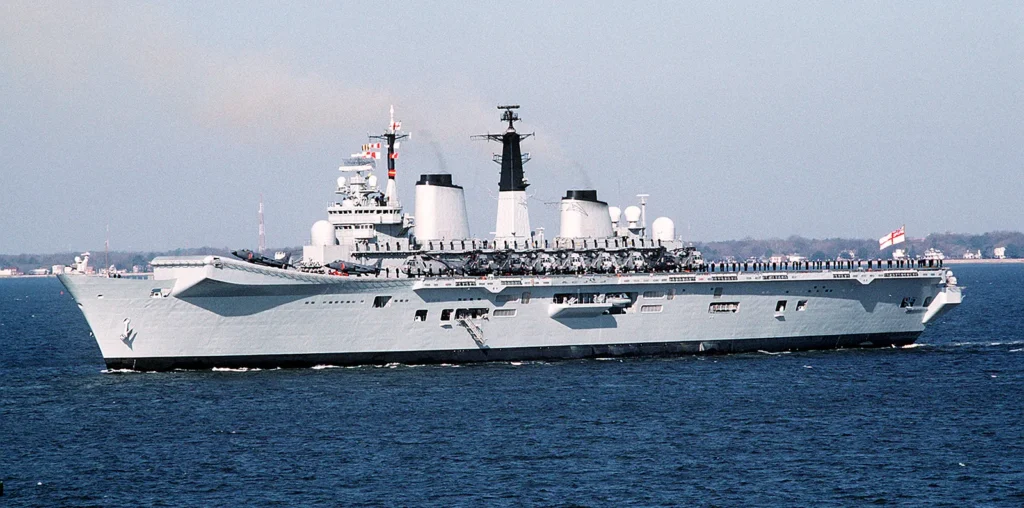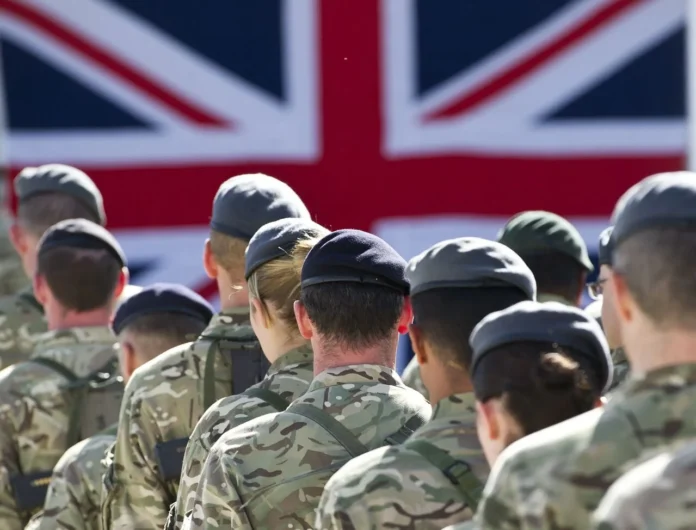UK Defence Strategy: The Urgency of Revitalizing the Royal Navy
Recent discussions surrounding UK defence spending have highlighted a critical issue: the state of the Royal Navy. Political leaders, military experts, and analysts agree that significant investment is necessary to restore the fleet’s strength. Historically, Britain has been a dominant naval force and ensuring that legacy continues is crucial. Without a properly funded navy, the UK risks losing its ability to project power, defend maritime interests, and support allies in times of conflict.
The Royal Navy is not just a symbol of national pride but a crucial component of the UK’s defence strategy. In an era of growing geopolitical tensions, a weakened naval force leaves the nation vulnerable to emerging threats. The need for investment in new ships, technology, and personnel has never been greater.
1. Britain’s Maritime Legacy and National Identity
The UK has long been recognized as a formidable seagoing nation, with legendary figures like Admiral Viscount Horatio Nelson symbolizing naval excellence. The Royal Navy has played a pivotal role in shaping global maritime history, and its decline could impact the nation’s strategic influence.
Throughout history, Britain’s ability to defend its interests has depended on naval superiority. The Royal Navy once commanded vast seas, securing trade routes and ensuring the nation’s prosperity. Today, with increasing global instability, the need to maintain naval strength is more pressing than ever. Without adequate investment, the UK risks losing the maritime dominance that has defined its identity for centuries.
2. The Commitment of Naval Personnel
The dedication of Royal Navy officers and crew remains unwavering. These individuals spend months at sea, safeguarding the nation’s interests. Despite their efforts, many of their missions remain underreported, particularly those conducted by the submarine fleet. Additionally, the Royal Fleet Auxiliary continues to provide essential logistical support, reinforcing the need for stronger defence policies.

Life in the Royal Navy is demanding, with personnel often working in harsh conditions to protect the country. Their sacrifices should not be overlooked, and ensuring they have the necessary resources to perform their duties effectively is paramount. The morale of service members can be greatly impacted by budget cuts and equipment shortages, making investment in naval assets a crucial factor in maintaining operational readiness.
3. The Impact of Budget Cuts on Naval Readiness
Over the past three decades, successive governments have made incremental reductions in defence budgets. These cuts have left the Royal Navy in a precarious state, limiting its ability to respond effectively to global threats. A reassessment of spending priorities is necessary to restore operational capabilities.
Budget reductions have led to decommissioning ships ahead of schedule, delaying modernization efforts, and restricting naval expansion. These financial constraints have resulted in fewer vessels available for deployment, making it difficult for the UK to respond rapidly to emerging threats. The lack of funding has also impacted recruitment and retention, as fewer resources mean fewer opportunities for training and career progression.
4. NATO and Shifting Geopolitical Alliances
Recent global events have prompted European nations to reassess their defence commitments. Political developments have demonstrated that the UK can no longer assume unwavering support from allies. As NATO contributions are scrutinized, the need for self-reliance in naval defence has become more apparent.
While NATO remains a crucial alliance, recent events have shown that some member states are reluctant to increase their defence spending. The UK must ensure its military is prepared for independent action if necessary. Strengthening the Royal Navy will enhance the nation’s ability to protect its own interests while contributing meaningfully to international coalitions.

5. The Case for Increased Defence Spending
Government statements have indicated plans to decommission five Royal Navy ships ahead of schedule to achieve cost savings. While replacements have been proposed, clear timelines have yet to be established. This uncertainty raises concerns about whether the UK’s naval forces will remain adequately equipped to handle future threats.
Military analysts warn that delays in replacing decommissioned ships could lead to dangerous capability gaps. Without a properly funded shipbuilding strategy, the Royal Navy risks losing its ability to deter aggression and defend strategic interests. Investments in cutting-edge technology, such as advanced warships and autonomous maritime systems, are essential to maintaining a competitive edge.
6. Declining Destroyer Availability
Figures released by the Ministry of Defence indicate that only two of the UK’s Type 45 destroyers are currently ready for deployment, while the remainder are undergoing repairs. This has resulted in the lowest available fleet levels in over a century, further reinforcing the need for immediate investment.
Destroyers play a critical role in naval operations, providing air defence capabilities and protecting key assets. A diminished fleet means increased pressure on existing vessels and reduced operational flexibility. If the UK wishes to maintain its standing as a global naval power, it must address these shortcomings by accelerating maintenance schedules and procuring additional ships.
7. Public Sentiment and Naval Heritage
The decline of the Royal Navy has not gone unnoticed by the public. In the past, naval bases such as Portsmouth hosted events that showcased the fleet’s strength. Today, those same bases appear less populated, a stark reminder of the reduced naval presence. Calls from former defence officials stress the need for modernization to maintain national security.

Public support for a stronger Royal Navy remains high, with many recognizing the importance of maritime defence in an increasingly uncertain world. Historical achievements, such as the Falklands War victory, serve as a testament to the navy’s effectiveness when properly funded and equipped. Ensuring that the Royal Navy remains capable of responding to future challenges is not just a matter of national security—it is a matter of preserving Britain’s proud maritime heritage.
A Critical Moment for the UK’s Naval Future
With a strategic defence review expected soon, this presents a crucial opportunity to reinvest in the Royal Navy. Strengthening maritime capabilities is vital for safeguarding national interests, and failure to act could diminish the UK’s position as a global naval power. Prioritizing defence spending in this sector is essential to ensuring long-term security and stability.
To secure the future of the Royal Navy, policymakers must commit to long-term investment strategies, ensuring that naval forces are equipped with state-of-the-art technology and sufficient personnel. By prioritizing naval defence, the UK can maintain its position as a dominant maritime power, capable of defending its waters and projecting strength on the global stage.


